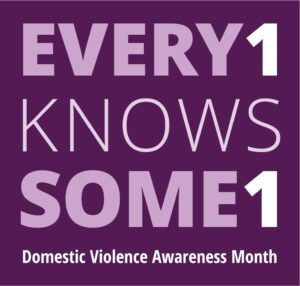- 5457 Twin Knolls Rd. Suite #300
Columbia, MD 21045 - Call Us
443. 979.7550 - Open Hours
Monday - Friday: 7:00AM - 6:00PM (by appointment)

Domestic violence is a pattern of coercive, controlling behavior that can include physical abuse, emotional or psychological abuse, sexual abuse, or financial abuse (using money and financial tools to exert control).
October has been a time to acknowledge domestic violence survivors and be a voice for its victims. Domestic violence is prevalent in every community, and affects all people regardless of age, socio-economic status, sexual orientation, gender, race, religion, or nationality. Physical violence is often accompanied by emotionally abusive and controlling behavior as part of a much larger, systematic pattern of dominance and control. Domestic violence can result in physical injury, psychological trauma, and even death. The devastating consequences of domestic violence can cross generations and last a lifetime.
Although there has been substantial progress in reducing domestic violence, an average of 20 people are physically abused by intimate partners every minute. This equates to more than 10 million abuse victims annually. 1 in 3 women and 1 in 4 men have been physically abused by an intimate partner, and 1 in 5 women and 1 in 7 men have been severely physically abused by an intimate partner. Millions of Americans live in daily, silent fear within their own homes. In addition, every year millions of children are exposed to domestic violence. Domestic violence incidents affect every person within a home and can have long-lasting negative effects on children’s emotional well-being, and social and academic functioning.
Domestic violence encompasses a spectrum of behaviors that abusers use to control victims. The following list includes warning signs that someone may be abusive. If you or a friend experience these behaviors from a partner, remember: it is not your fault and there are advocates waiting to help.
“Red flags” include someone who:
Abuse is never the fault of the victim and it can be hard for many reasons, including safety, to end the relationship. If you experience these “red flags,” you can confide in a friend or reach out for support from a domestic violence advocate. If you believe a friend or relative is being abused, offer your nonjudgmental support and help.
